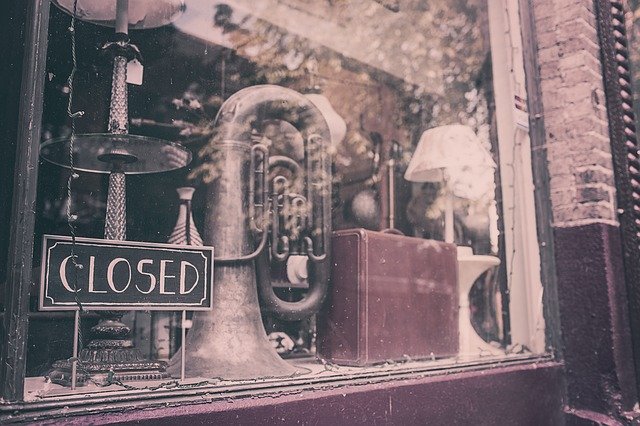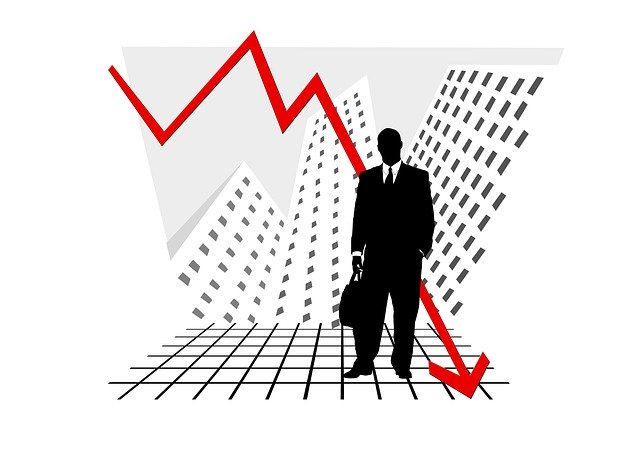Worldwide, restaurant and store closures by order have relatively little impact. Especially for customers who were able to stock appliances, groceries, drugstores, clothing, and much more.
Of course, this is only the view of the general public. But it is also important to note another view. For the view from the side of the retailers and restaurateurs involved is quite different from the public perception.
The daily closure of a business represents an enormous loss to the business owner. Restaurants in particular feel the pinch. Owners, mostly individuals, still have to pay. They have to pay their suppliers for the goods they order, and they have to take them back even if they have no place to sell them. Energy companies also require monthly payments. Needless to say, the establishments are not owned by these entrepreneurs or merchants. Therefore, they must pay rent even if they have no income. Each time a business closes, their debt increases. Without sufficient reserves, this can have fatal consequences for entrepreneurs in the area.
Just because this situation is having a major impact on the lives of small businesses does not mean that large businesses are without problems. Large companies must also pay their employees a certain percentage of their wages even after they close. If production, and thus sales, stop, the company must draw down its reserves, which are not infinite.
How to mitigate the impact?
Already from the beginning of the quarantine, we have seen how resourcefully small businesses, especially restaurants, have responded. E-shops for various stores emerged, through which sales were made. This was followed by delivery by vendors, either directly or through mail order
.
Restaurants, on the other hand, most often introduced window sales and delivery in their area after being ordered to close. In reality, restaurants often appear to add tables at the entrance. Customers order food by phone for a certain amount of time. At a predetermined time, they arrive at a prepared table, receive their packaged food, and pay for it. Many restaurants also deliver ordered food. This reduces the impact of quarantine. At least in that the restaurant does not have to throw away the food purchased.
Wave of Solidarity
There is also a great wave of solidarity among citizens. Many people are doing what they have never done before to support restaurants and small businesses. They are ordering food and things through online shopping, even though they do not normally have such habits. There are also efforts to try to convince people to buy Czech products and support small vendors once these measures are over.
However, the true impact will only be known after the quarantine and all regulations are over. Whether it will actually be devastating for some people or whether the vendors and entrepreneurs affected by the regulations have managed to cope will not be known until several weeks after the quarantine is over.
